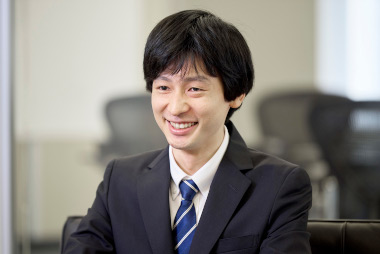
Yukihisa Yoshikuni
Qualification
Ph.D. (Agriculture)
Practice Areas
Patent
Biotechnology/ Chemical, Materials Science
Education
Doctor of Agriculture, The University of Tokyo
Master of Agriculture, The University of Tokyo
Bachelor of Science, The University of Tokyo
Work Experience
Dr. Yoshikuni studied the mechanisms of dental calculus formation at University of Tokyo (Japan).
Research Content
(1) Dr. Yoshikuni researched the analysis of metal nanoparticles using inductively coupled plasma mass spectrometry (ICP-MS) at the Faculty of Science, University of Tokyo. He specifically focused on developing software to accurately calculate the size of nanoparticles in sample solutions.
(2) At the Graduate School of Agriculture and Life Sciences, University of Tokyo, Dr. Yoshikuni focused on studying how dental calculus forms. The reasons behind the formation of dental calculus were not well understood, which piqued his interest. While bacterial calcification plays a key role in forming dental calculus, it was difficult to replicate this process in a lab setting. To tackle this challenge, he worked on replicating bacterial calcification in the lab. He thought that organic macromolecules in saliva might trigger bacterial calcification. After experimenting with different types of macromolecules, he discovered that phosphate-rich proteins (phosphoproteins) promote bacterial calcification [1]. This result contrasted with the traditional belief that salivary phosphoproteins prevent dental calculus formation. In addition, he found that calcification happens regardless of the type of bacteria and only in dead bacteria. These results indicated that salivary phosphoproteins cause calcification of dead bacteria on tooth surfaces. Ultimately, he concluded that this is the main way calculus forms and proposed this as a new theory.
[1] Y. Yoshikuni et al., “Effect of phosphoproteins on intracellular calcification of bacteria.” European journal of oral sciences vol. 131,3 (2023): e12929.
